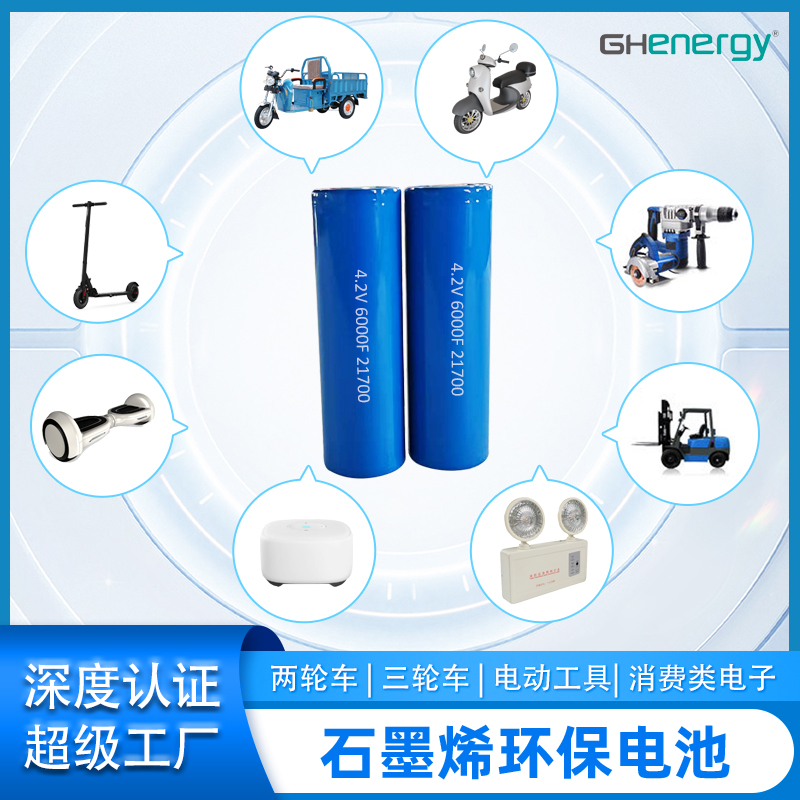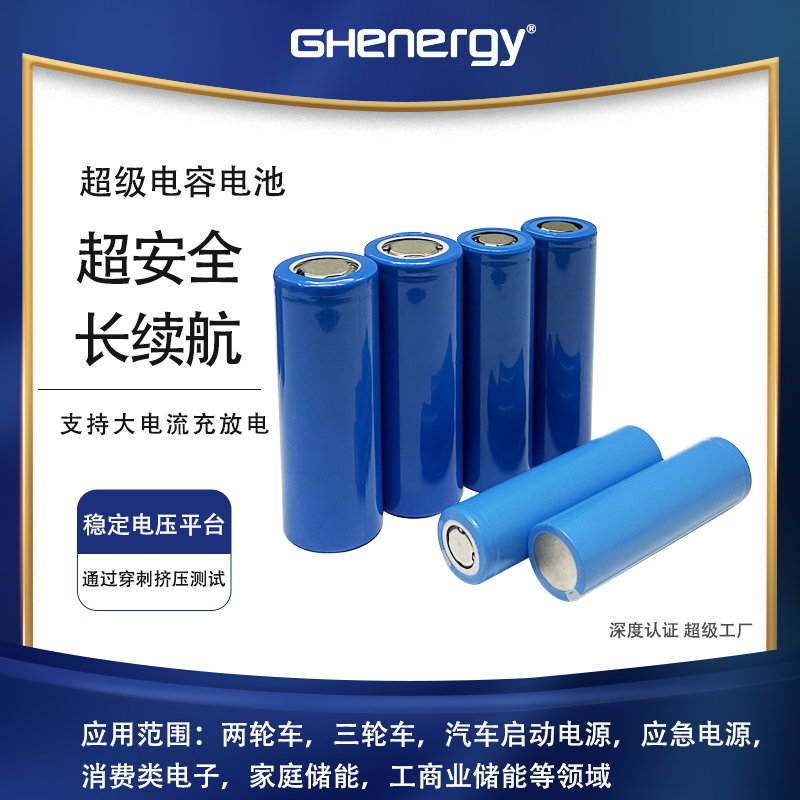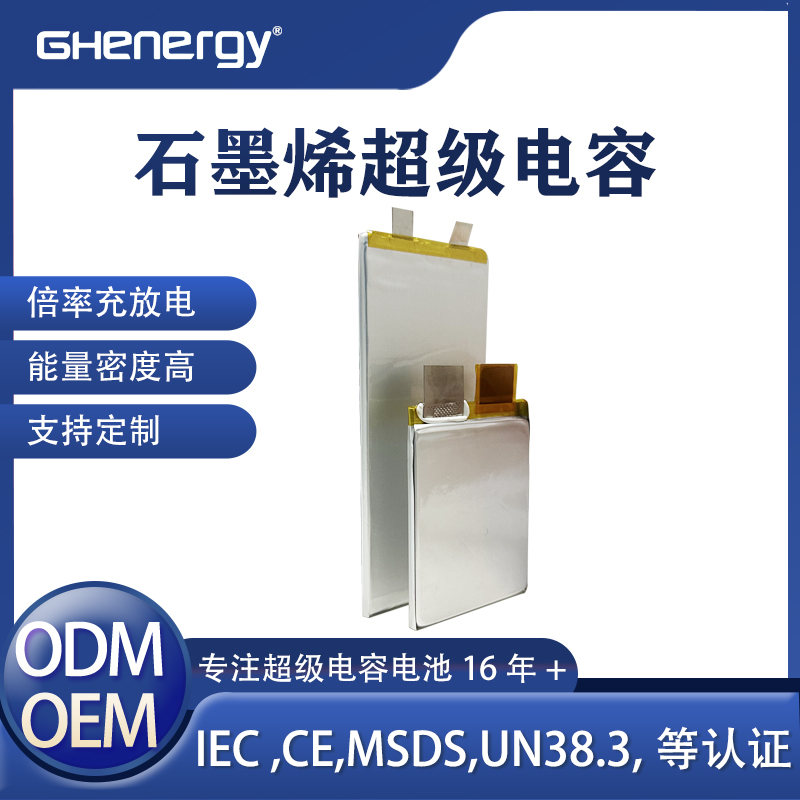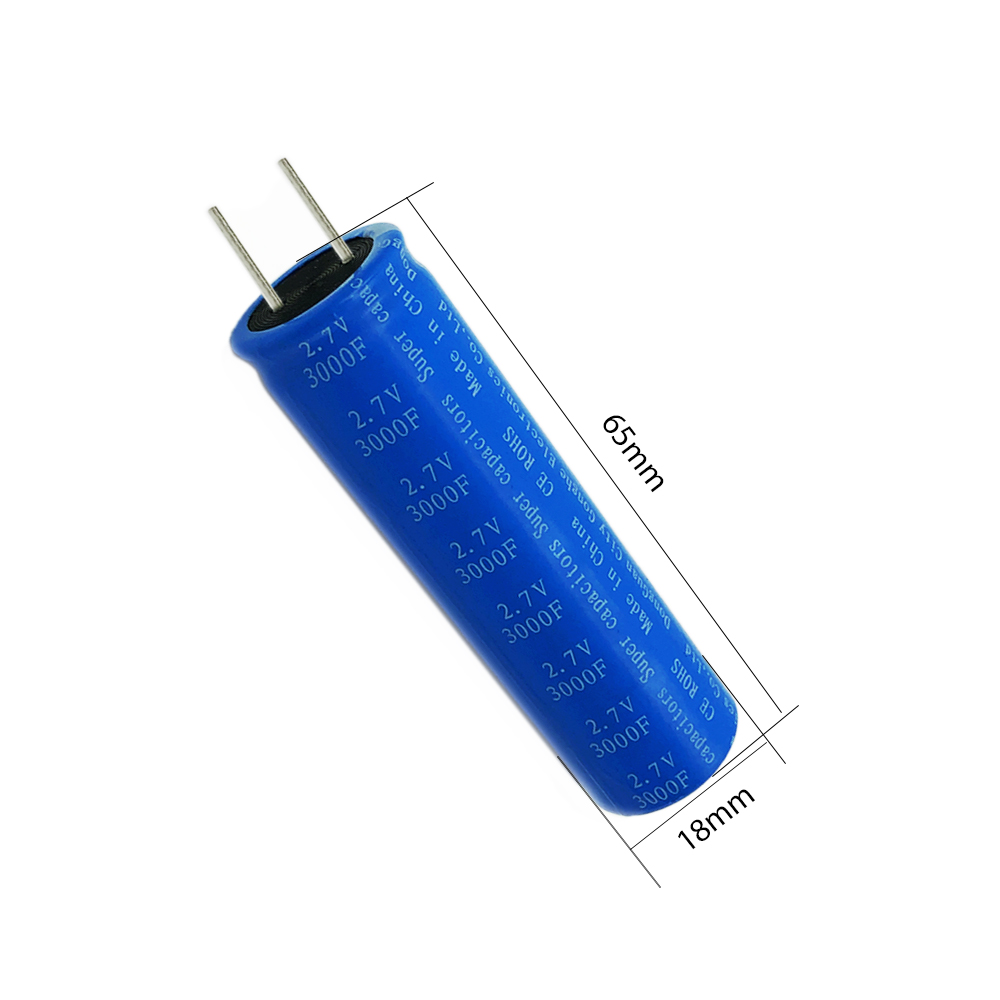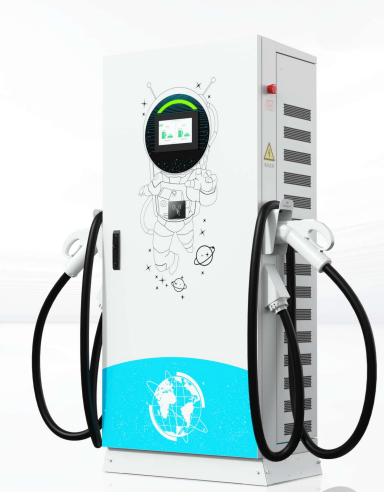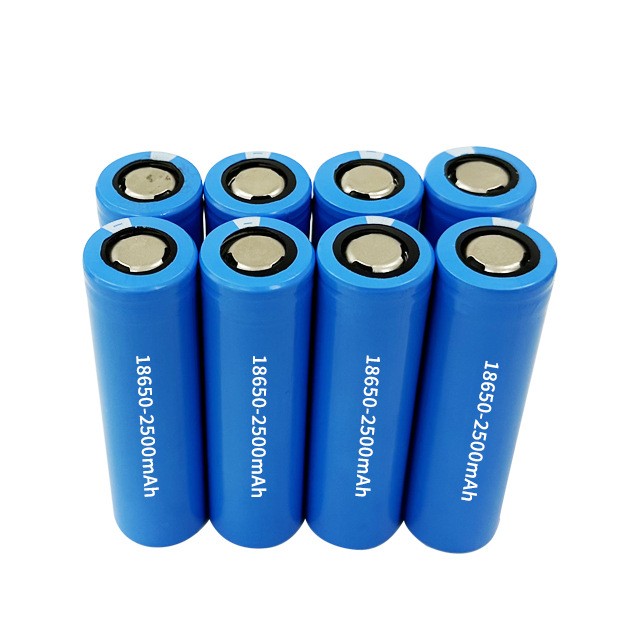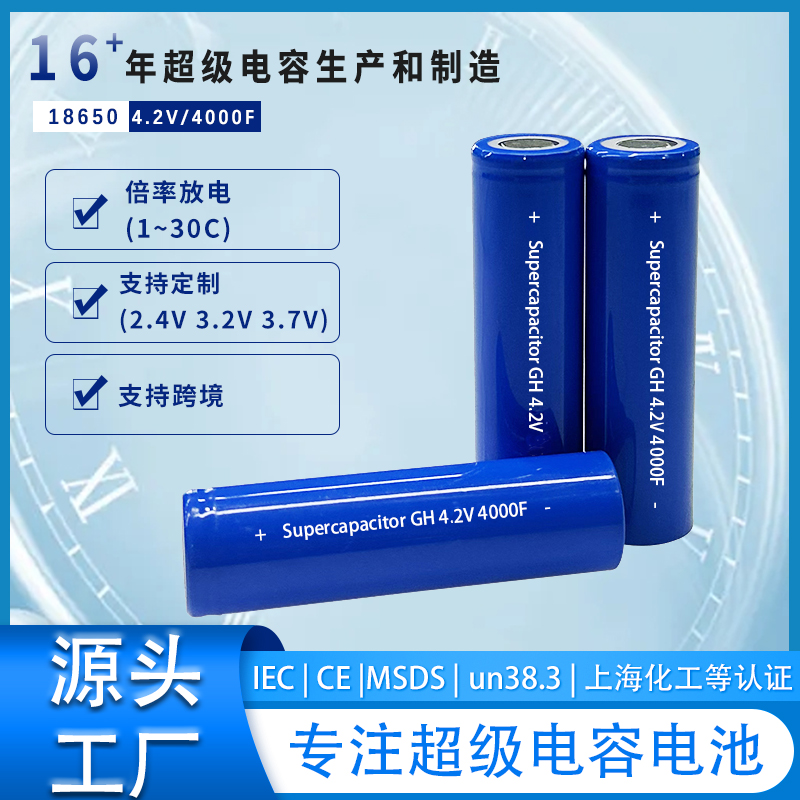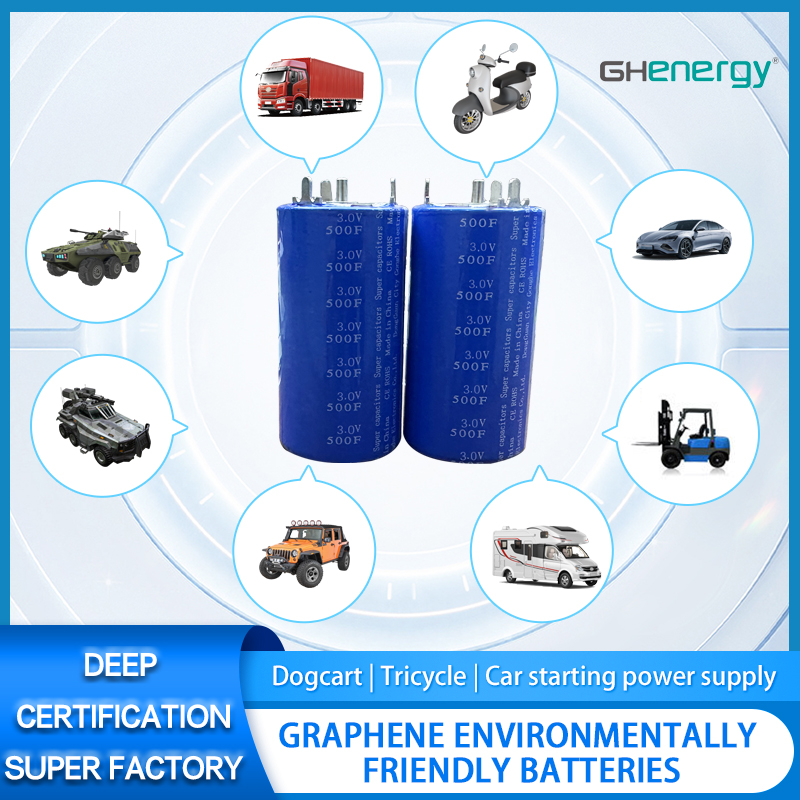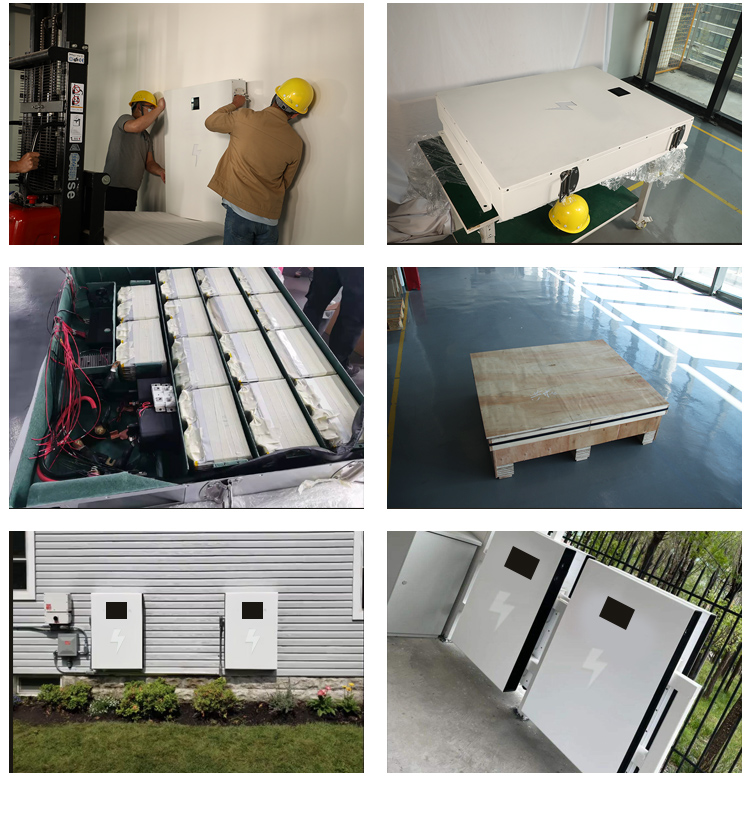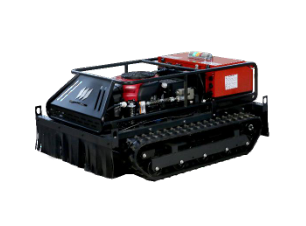Wedoany.com Report-Nov 25,Donut Lab has developed an entirely new approach to building electric vehicles, offering manufacturers a library of inter-compatible components that can be used to produce new electric vehicles such as supercars, buses, drones or SUVs in record time.
In addition, the company promises that vehicles built on the platform have significantly better performance and they are lighter and more affordable to manufacture.
The global electric transportation market is expected to grow from $550 billion to $4.4 trillion by 2032. Donut Lab, a technology company specializing in the electrification of mobility and a subsidiary of the electric motorcycling pioneer Verge Motorcycles, is accelerating the development of the automotive industry by bringing all the components needed for an electric vehicle onto the single Donut platform and making it available to all industry operators.
“Verge TS is the world's most advanced electric motorcycle” said Marko Lehtimäki, CEO of Donut Lab. “When developing it, we learned how difficult and slow it is to build electric vehicles using traditional mechanisms. The reason for this is that vehicles are built with components from different equipment manufacturers and are not designed to work together - integration work always takes up most of the time. “We decided that if we were able to solve this, we would change the entire automotive industry.”
One of the main components of the company's technology platform is the donut-shaped motor, which improves performance. In addition to this, a motor installed directly in the wheel eliminates the need for a drivetrain and, thus, makes it simpler, lighter and more affordable to manufacture the vehicles. Other important components on the Donut platform include battery modules, computer units and vehicle control software. The components on the platform are available in a range of sizes and performance classes, and the modular architecture guarantees that the components can be used to build various vehicles - even robots.
Donut Lab's components also work as standalone components. A manufacturer can, for example, incorporate a donut motor into a vehicle built using traditional mechanisms. However, especially when combined, they form a seamless entity, greatly improving performance. The Donut platform also significantly speeds up the development cycle of electric vehicles and can reduce the resource requirements for vehicle development by up to 95 percent compared to the current level. Work that used to take several years can now be completed in a matter of months.
“We want to set a new standard for what electric transportation can achieve” added Ville Piippo, Product Director of Donut Lab. “The Donut platform creates entirely new opportunities for almost any industry. In the future, those using the platform will be able to select the components they want from a catalog and connect them with standard connectors, after which everything is ready. There is no need for compromises since each component is top class already as a standalone component, and together they take the vehicles themselves and their manufacturing to a whole new level.”
One of the biggest benefits of the platform is its scalability to suit a variety of different applications, such as hypercars, helicopters, robots and even space mission ATVs. Donut Lab has already attracted a lot of interest from various vehicle manufacturers, and the company has agreed to collaborate with various operators to use the platform for both the electrification of existing vehicles and for the manufacturing of completely new vehicles.
Caterpillar, a Latvian company that manufactures electric vehicles designed for off-road driving, has used the Donut Lab platform in the development of its most recent model. The one-roller vehicle resembling a futuristic combination of a snowmobile and a motorcycle will be on display for the first time at this week's startup event, Slush, in Helsinki. The Australian company Hyper Q Aerospace also uses the Donut platform in its electric aircraft.


